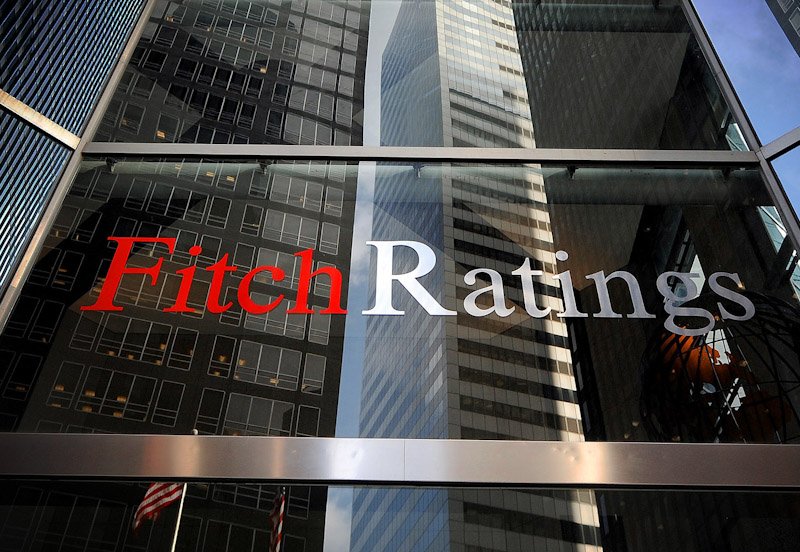
Fitch Ratings optimistic on Sri Lanka’s 2025 Budget

The budget aims to increase revenue as a percentage of GDP from 11.4% in 2023 to 15.1% in 2025, surpassing Fitch's earlier projection of achieving this target by 2026. This ambitious goal includes a 36.5% increase in revenue from taxes on external trade and a 13.1% rise in income tax revenue. Fitch believes these targets are achievable, provided there is a smooth liberalization of import restrictions, particularly for vehicles.
However, Fitch cautions that the fiscal deficit is projected to narrow only slightly to 6.7% of GDP in 2025, due to a significant increase in public capital expenditure (up 61%), as well as rises in salaries and wages (up 12%) and subsidies (up 11%). The agency notes that the pace of fiscal consolidation is slower than the targets outlined in Sri Lanka's four-year, USD 3 billion Extended Fund Facility (EFF) agreement with the International Monetary Fund (IMF).
Fitch emphasizes the importance of preserving foreign exchange reserves and suggests that the government should consider easing vehicle import restrictions to support revenue generation. The agency also warns that a slowdown in fiscal consolidation could impede debt reduction efforts over the medium term.
In summary, while Fitch acknowledges the government's fiscal ambitions and the potential for improved revenue generation, it underscores the need for careful management of public finances and external stability to ensure the success of the proposed reforms.


